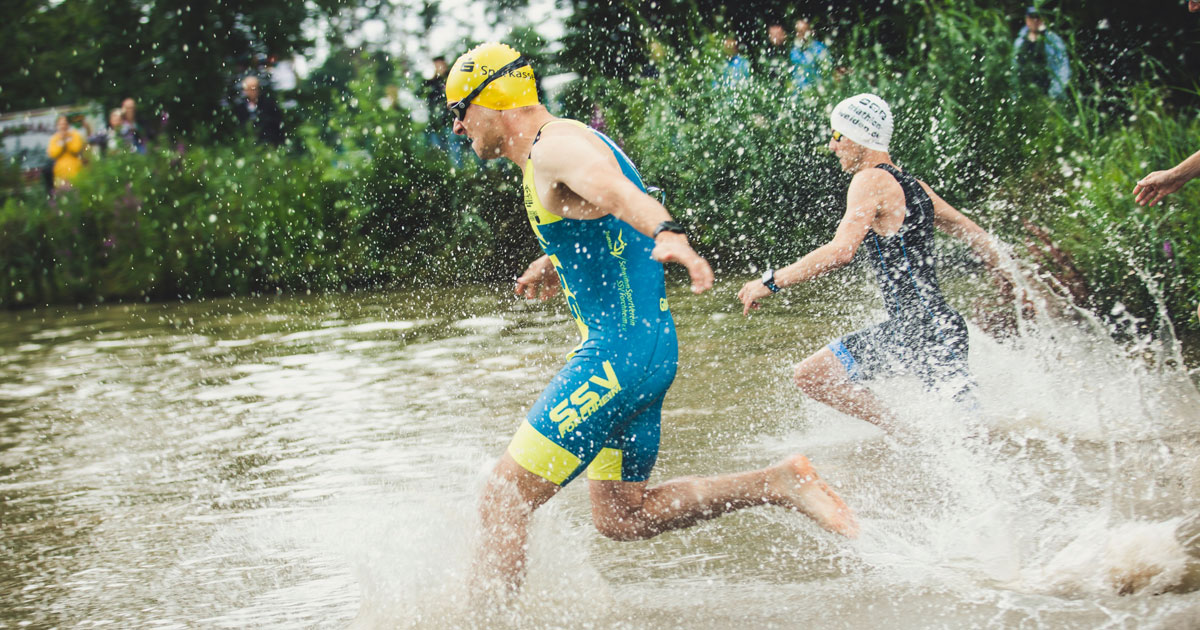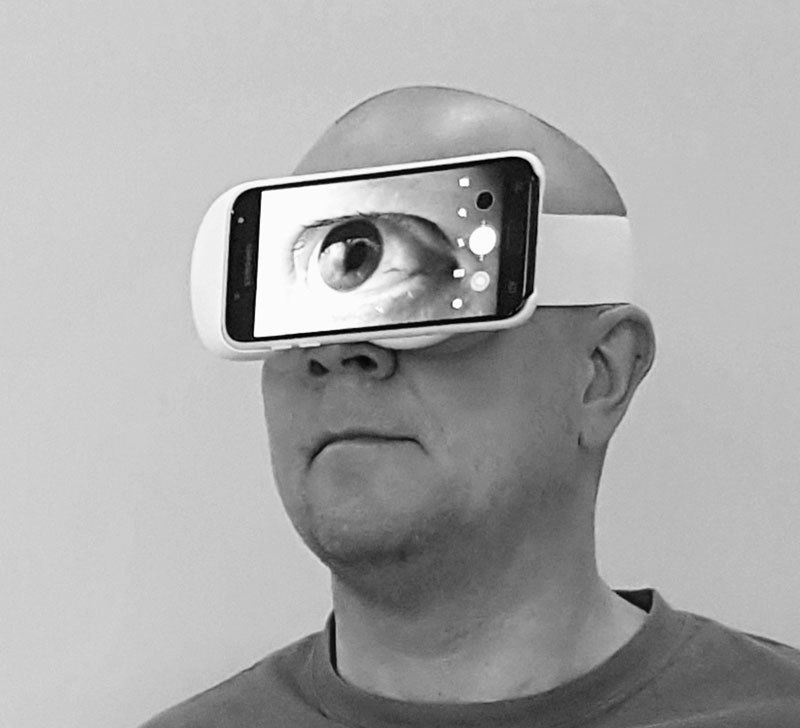
Why do many triathletes report dizziness during and after the swimming leg of a triathlon?
We now know it’s due to the interaction between coldness and the vestibular system; that system in the inner ear that reports spatial data to our brains.
During Balance Awareness Week, it’s timely to look at dizziness in swimmers because our mission is to raise awareness of just how widespread and common balance disorders are throughout out community.
In the paper, Dizzy triathlete — evidence supporting vestibular etiology, researchers Iida-Kaisa Manninen, Topi Jutila, Timo Hirvonen, Laura K. Mäkinen, Karin Blomgren, Tuomas Hyytiä, and Tuomas Klockars, investigated why dizziness during or after the swimming leg is a common complaint among triathletes.
Prior to this research, support for the existence of dizziness from swimming in cold water primarily came from self-reporting in forums online.
What these researchers did was survey 125 triathletes and then subject 15 of them who reported frequent dizziness to a swim test.
The key finding was that dizziness in these situations came from asymmetrical cooling of the vestibular organ, which triggered a caloric response that is characterized by involuntary eye movements called nystagmus.
Furthermore, the researchers end their paper by recommending that swimmers can avoid dizziness from cold water swimming by wearing ear plugs.
What can we learn about dizziness from swimming in cold water?
Let’s start by looking at how the data was captured for this study.
The cold water swimming test designed by the researchers had two legs, one for swimming with the standard swimming cap covering the external auditory canals, and the second to be swum with ear plugs.
The average swimming time was around 9 minutes for the first leg and 7 minutes for the second leg.
Interestingly, the researchers recorded the eye movements and possible nystagmus immediately after each of the two legs with a mobile phone camera (see supporting information file).
Nystagmus is rapid involuntary movements of the eyes and, as the researchers note in their paper, dizziness caused by caloric response within the vestibular system is clinically characterised by involuntary eye movements. The direction of nystagmus correlates with the stimulation or inhibition of the vestibular system.
This capture of eye movement was done via a mobile phone that was attached to specifically designed swimming goggles that allowed the recording of eye movements and hindered gaze fixation (below).

The data was then enriched by having the athletes report on their sensation of dizziness.
While the researchers rightly point out that there will often be a number of factors behind dizziness, they conclude by noting that dizziness accounts for one-fifth of medical visits during half- or full-distance triathlons, making it a significant problem.
They also note that dizziness among triathletes seems to be worst in cold and open water conditions.
And, importantly, they find that a major part of the dizziness is aggravated by caloric reaction of the vestibular organ.
Caloric response is caused by asymmetrical warming or cooling of the external auditory canal. This produces stimulation or inhibition of the same-side vestibular organ, resulting in dizziness.
It does appear to be prudent, therefore, that if you or someone you know suffers from dizzingess from swimming in cold water, it would be very worthwhile to try wearing ear plugs or swimming caps, as an easy and affordable way to improve your triathlon performance, swimming safety, and comfort.
